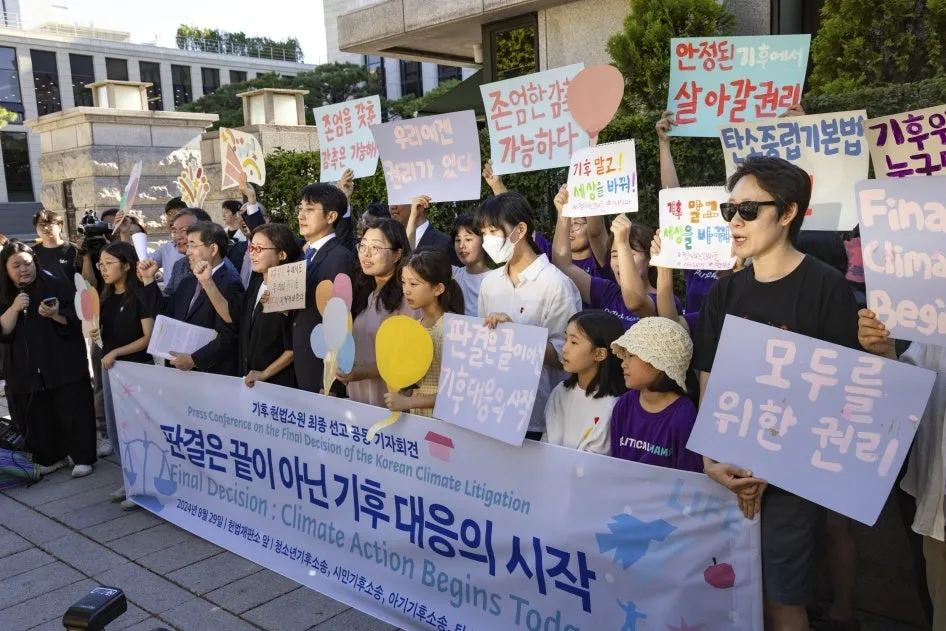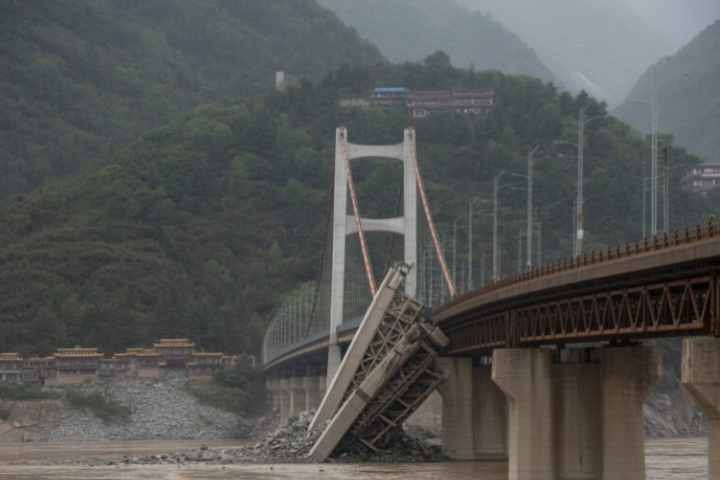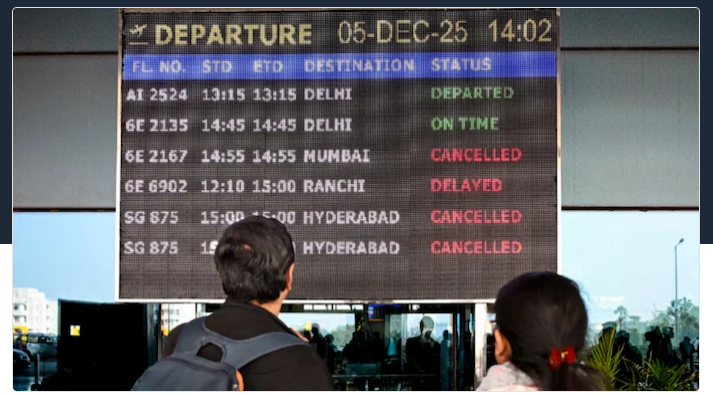Last month, South Korea’s Constitutional Court issued a groundbreaking ruling, declaring the country’s climate policies inadequate in protecting the rights of its citizens, especially younger generations who will face the greatest impacts of climate change. This decision, the first of its kind in Asia, has the potential to set a powerful precedent for climate action across the region.
On August 29, 2024, the Court ruled that portions of the national greenhouse gas (GHG) reduction targets set by the government are unconstitutional, marking a significant moment in the country’s response to the climate crisis. The case, which consolidated multiple constitutional complaints, focused on whether the existing legal framework adequately protects the environmental rights of citizens, particularly future generations.
At the center of the ruling was Article 8, Section 1 of the Framework Act on Carbon Neutrality and Green Growth, which outlines Korea’s mid- and long-term GHG reduction goals. The Court found that this provision does not conform to the Constitution, citing its failure to provide sufficient protection against the environmental risks posed by climate change, particularly beyond 2030. The government has been given until February 2026 to amend the law.
The complainants, many of whom are part of the youth environmental group Youth 4 Climate Action, argued that the 2030 GHG reduction targets were inadequate to meet Korea’s global obligations and placed an unfair burden on future generations. The case also challenged the First National Plan for Carbon Neutrality and Green Growth, which sets annual reduction targets from 2023 to 2030.
While the Court acknowledged that the 2030 targets did not violate the principle of insufficient protection, it criticized the lack of clear, quantitative targets beyond 2030. By failing to establish a clear reduction pathway after 2030, the law was seen as shifting the responsibility of addressing climate change to future generations.
In a partial victory for the government, the Court rejected claims that the sectoral and annual reduction targets for 2023-2030 infringed on fundamental rights. However, it emphasized that the law’s reliance on periodic updates did not guarantee continuous progress toward carbon neutrality by 2050.
The ruling mandates legislative action to strengthen Korea’s climate commitments and reaffirms the state’s duty to address climate risks through effective policies. As South Korea revises its climate strategy, this decision may inspire similar legal challenges and reforms across Asia, pushing for stronger protections against the growing climate crisis.












